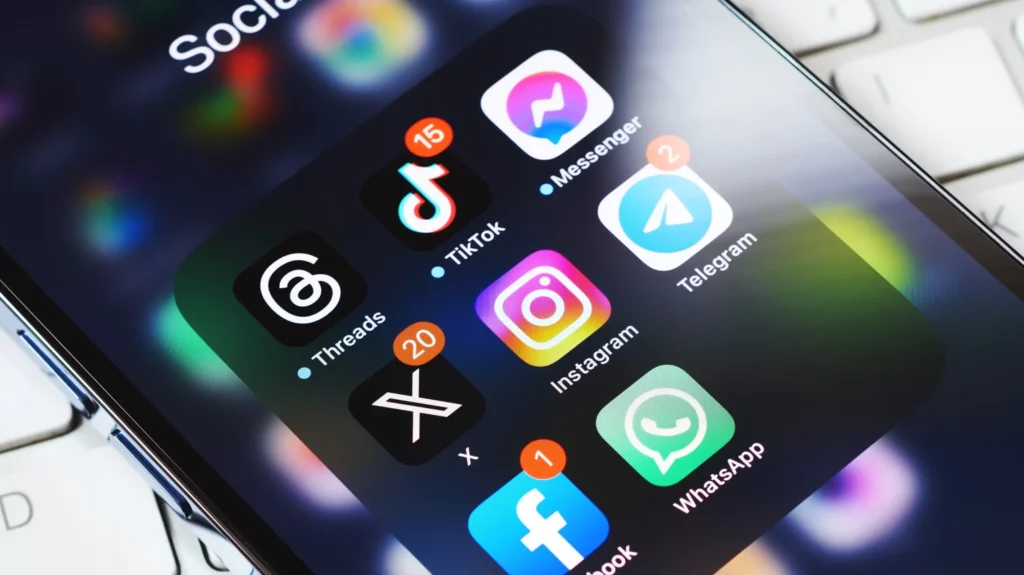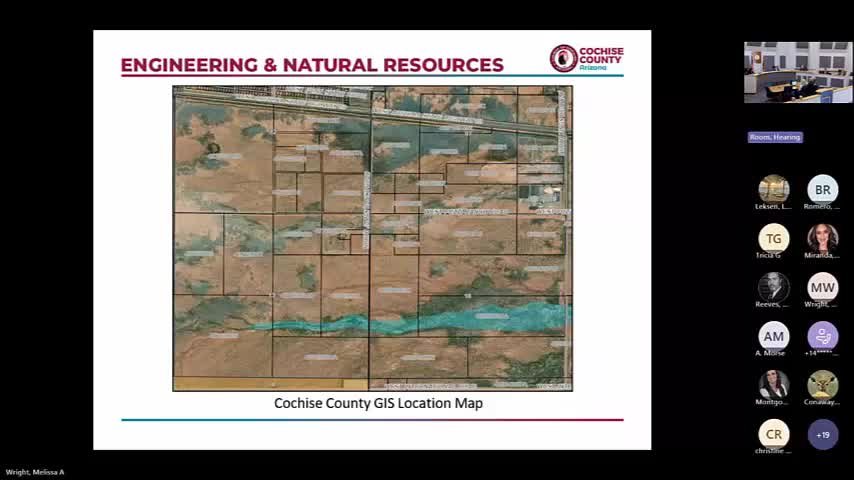The Threat of Social Media
Social media may pose the biggest threat to America—and perhaps to the world—as well. I know it sounds extreme, but hear me out. This isn’t just some outdated perspective from someone who doesn’t quite grasp modern technology.
I’m well-acquainted with social media. I’ve profited from it and engage with it daily, nearly on every platform. Yet, I can’t shake the feeling that it’s causing serious harm.
If you’re skeptical, consider this: over the past few days, anger has been simmering in the southeastern U.S. Major political figures are involved, and the fallout is significant, costing people economically and emotionally.
There are critical issues at play—poverty, rising costs, wrongful arrests—things that feel much more important. But oddly enough, the uproar seems to stem from something as trivial as a restaurant chain altering its logo and decoration.
Seriously, that’s it. Cracker Barrel took the old man off the sign, revamped the walls, and rearranged some peculiar decor. And this has led to a storm of outrage.
Before the renovations even dried, the stock price began to dive, and conservatives quickly framed this as an ideological attack. The current CEO, who I believe doesn’t have a deep grasp of what she’s doing, has faced substantial backlash.
Just to clarify, though, the Cracker Barrel CEO, Julie Fels Masino, has an impressive resume. She climbed her way up from being a salesperson at Macy’s, after earning a telecommunications degree, to ultimately leading Cracker Barrel.
In the past week, this whole situation has spiraled into ridiculous claims. People have dismissed Cracker Barrel as “woke” and proclaimed they wouldn’t dine there anymore, which honestly feels like a large overreaction.
A simple business decision morphed into a political battleground. The focus has shifted to spreading anger and division. It’s crucial to understand this wasn’t a statement of political alignment; it was merely a business strategy. Masino’s intent was to rejuvenate Cracker Barrel, which has been struggling to attract customers in recent years.
Since 2019, the foot traffic has plummeted by 73%, and stock values have seen a consistent decline. The chain had previously announced plans to refresh its branding, responding to customer feedback to improve the ambiance.
But you probably missed that. These straightforward announcements rarely made headlines, lost amid the noise of social media algorithms that thrive on outrage rather than constructive information.
As a result, many now believe the CEO embodies the stereotype of a liberal elite intent on erasing their beloved Southern heritage. It’s a false narrative that gained traction due to misinformation.
This encapsulates the essence of social media today. It has undermined genuine journalism, allowing lies to spread, while fostering a culture that rewards inflammatory rhetoric. This environment stifles meaningful discussion, encourages hostility, and, ultimately, distracts an entire nation.
Perhaps most troubling, the impact on children is severe. Anxiety and depression rates among youth are skyrocketing, with a rise in bullying and suicide. Social media’s detrimental effects are not just hypothetical; they manifest quickly and visibly.
In short, while social media connects us, it also wreaks havoc in ways we’re just starting to understand.







